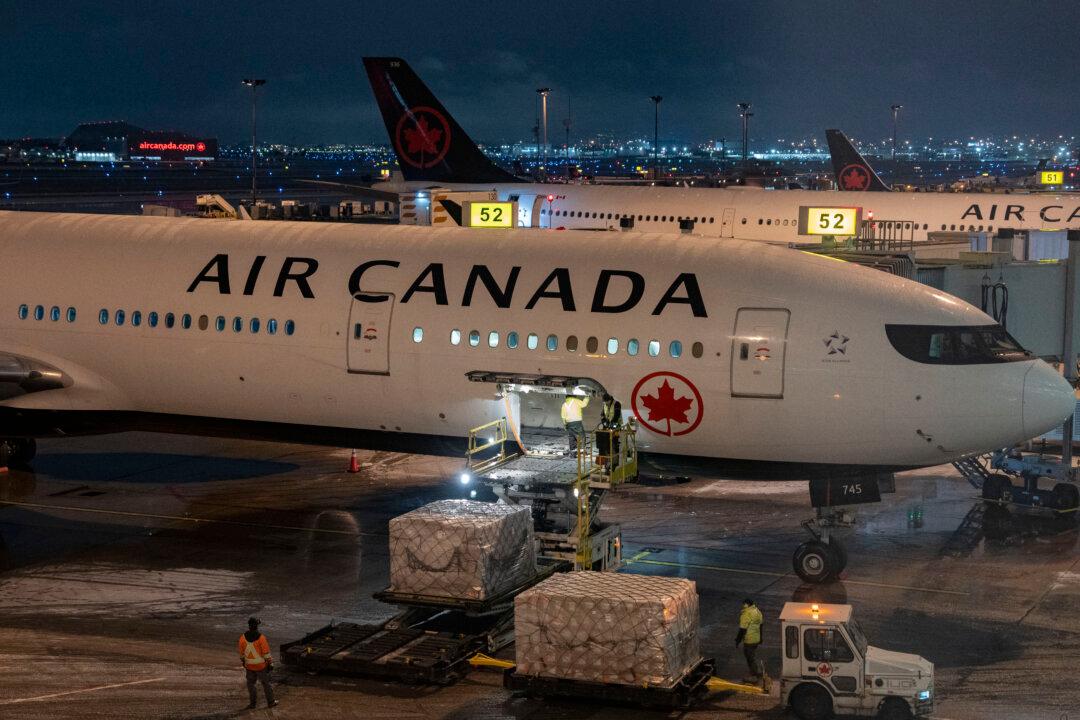OTTAWA—The federal government is facing calls, including warnings from BlackBerry’s co-founder, to be particularly vigilant when the upcoming NAFTA talks shift to intellectual property.
Intellectual property (IP) is about owning, protecting, and making money from an idea via tools like patents or copyrights. Many view it as a crucial component of the expanding, and increasingly important, knowledge-based economy.
And it’s going to have a role in NAFTA talks, so with the start of the trade pact’s renegotiation only a few weeks away, experts like Jim Balsillie are urging the feds to arm themselves with economic models detailing the importance of IP to Canada’s future prosperity.
Balsillie, who’s provided pre-NAFTA advice to Ottawa, said in an interview that the models could serve as key bargaining chips, especially if they show any IP provisions sought by the United States and could result in big costs for the Canadian economy.
“Trade agreements are supposed to be mutually beneficial,” said Balsillie, who is chair of the Council of Canadian Innovators lobby group.
Balsillie’s comments could revive a debate that surfaced a couple of years ago, following talks around the Trans-Pacific Partnership (TPP), over how Canada should negotiate IP provisions in modern trade agreements.
When it comes to what’s best for Canada, there’s disagreement whether the country’s interests should align with those in the United States.
Earlier this week, the United States released its NAFTA objectives, as is required under American law. The months-long talks are scheduled to begin Aug. 16.
Among the priorities, the U.S. document said NAFTA talks must break down barriers such as the “burdensome restrictions of intellectual property.” It listed about 10 goals under the IP section.
The United States has also signalled its negotiators would likely use agreements from the TPP as a starting point in some areas for NAFTA’s renegotiation.
Balsillie fears the IP provisions in NAFTA 2.0 could end up looking a lot like those Canada agreed to during TPP negotiations. The measures in that deal sought the same IP laws for all 12 countries.
The Trump administration essentially killed the original TPP by pulling out of it earlier this year, but the remaining 11 countries, including Canada, have resumed talks.
Balsillie warned TPP’s IP rules would favour the more-dominant United States and its firms, which have already amassed a far bigger portfolio of patents, copyrights, and trademarks.





